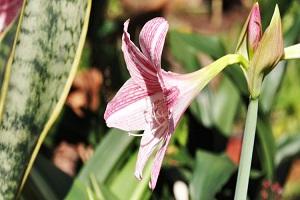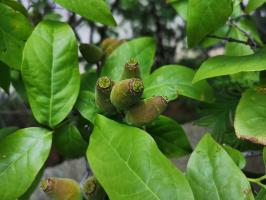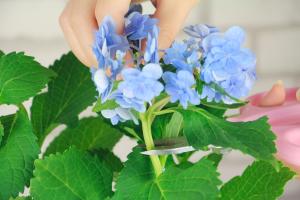Introduction
Watering plants at night has been a topic of debate among gardeners for many years. Some believe that it can help plants retain moisture and prevent evaporation, while others argue that it can lead to fungal diseases and pest infestations. In this article, we will examine the benefits and drawbacks of watering plants at night to determine whether it is a good practice or not.
The Benefits of Watering Plants at Night
One of the primary benefits of watering plants at night is that it minimizes evaporation. During the day, the sun and high temperatures can cause water to evaporate quickly, leaving plants thirsty. At night, the cooler temperatures result in fewer losses due to evaporation, allowing plants to retain more moisture.
Another benefit of watering plants at night is that it can help prevent water stress. When plants do not receive enough water, they can become stressed, which can lead to wilting and even death. By watering plants at night, you can ensure that they have enough water to get through the night and into the next day, reducing the risk of water stress.
Finally, watering plants at night can also reduce the amount of water needed overall. By watering at night, you can ensure that more water is absorbed by the plant's roots and not lost to evaporation, leading to a more efficient use of water resources.
The Drawbacks of Watering Plants at Night
While there are benefits to watering plants at night, there are also some drawbacks to consider. One of the primary concerns is that watering at night can increase the risk of fungal diseases. Moisture-loving fungi such as powdery mildew and botrytis can thrive on plants that are left damp overnight. Additionally, watering at night can attract pests such as snails and slugs, which are more active during the cooler hours.
Another potential drawback of watering plants at night is that it can lead to waterlogging. If a plant receives too much water, it can lead to root rot and other problems. Watering too much and too often at night can also wash away important nutrients from the soil, making it less fertile over time.
Conclusion
So, is it good to water plants at night? The answer is, it depends. While watering at night can help plants retain moisture and reduce water stress, it can also increase the risk of fungal diseases and pest infestations. Ultimately, the decision of when to water your plants should be based on the needs of the specific plant and the environmental conditions in your area. As a general rule, it is best to water in the morning or early afternoon, when temperatures are cooler and the sun is not as intense.

 how many times do yo...
how many times do yo... how many planted tre...
how many planted tre... how many pine trees ...
how many pine trees ... how many pecan trees...
how many pecan trees... how many plants comp...
how many plants comp... how many plants can ...
how many plants can ... how many plants and ...
how many plants and ... how many pepper plan...
how many pepper plan...































